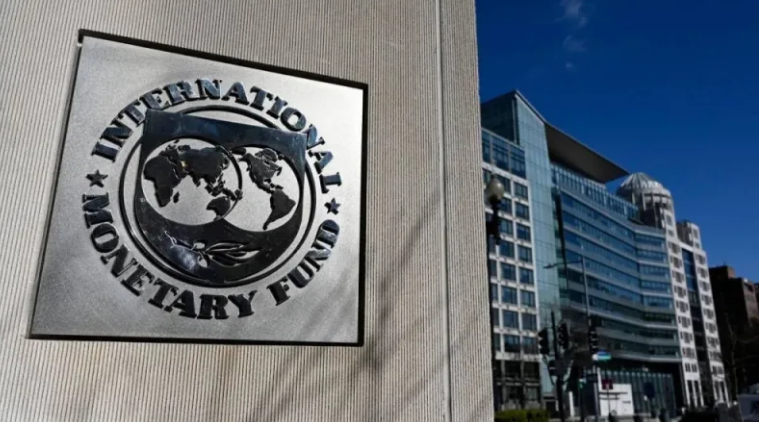China announced yesterday that it will host high-level talks with India later this week to address ongoing border disputes, marking the first such discussions in five years and raising hopes of improved ties between the two Asian giants.
The talks follow years of strained relations, which worsened after a deadly military clash in 2020 along the border between Tibet and India’s Ladakh region. The confrontation resulted in the deaths of at least 20 Indian and four Chinese soldiers, plunging relations to a new low.
Chinese Foreign Minister Wang Yi is set to meet with Indian National Security Adviser Ajit Doval tomorrow in Beijing to discuss the “China-India boundary question,” according to Chinese Foreign Ministry spokesperson Lin Jian. The discussions will take place under a negotiation framework established in 2003 to manage border-related issues.
This will be the first meeting under the mechanism since December 2019, highlighting the long hiatus in direct dialogue.
India’s External Affairs Minister S. Jaishankar recently reiterated New Delhi’s commitment to resolving the border dispute through dialogue. Speaking on December 3, he emphasized India’s determination to reach a “fair, reasonable, and mutually acceptable framework for a boundary settlement” with China.
The renewed engagement comes on the heels of an October agreement between the two nations regarding patrols in disputed border areas. This understanding was reached shortly before Indian Prime Minister Narendra Modi and Chinese President Xi Jinping held a rare formal meeting on the sidelines of a BRICS summit in Russia, marking their first bilateral interaction in five years.
The India-China border, referred to as the Line of Actual Control (LAC), remains a contentious issue. The two nations, both nuclear-armed and home to over a billion people each, accuse one another of attempting to alter the status quo along the unmarked boundary.
Beyond their border tensions, relations between the two countries have largely been frosty since the 2020 clash, with the exception of robust trade ties.
The upcoming talks are seen as a significant step toward addressing the prolonged deadlock. Analysts suggest that the resumption of dialogue could signal a thaw in relations, though both sides remain wary of each other’s strategic intentions.
The outcome of this meeting could have broader implications for regional stability, as China and India navigate their complex relationship while competing for influence on the global stage.



